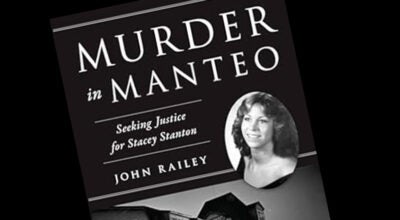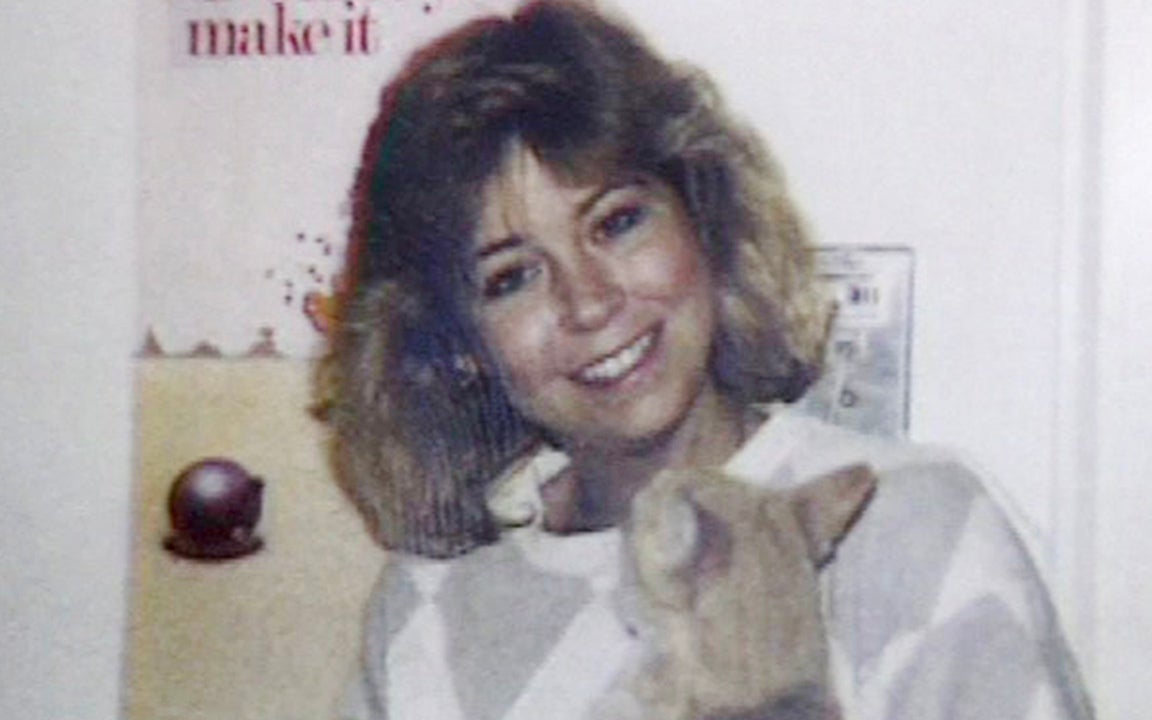Appeals Court Rejects Spencer’s Latest Bid
Published 1:32 pm Sunday, June 12, 1994
|
Getting your Trinity Audio player ready...
|
Clifton Eugene Spencer was denied a rehearing on his conviction for the 1990 murder of Stacey Stanton by the North Carolina Court of Appeals.
The life sentence, judgement in the second degree murder plea taken by Spencer in early 1991, stands unchanged. Spencer, 35, is from Columbia.
Earlier this month, the court denied, without explanation, Spencer’s motion for a rehearing of the case. According to Spencer’s attorney, Edgar Barnes, no explanation is required of the appellate court for its discretionary review of the motion. The motion was made to the court after Superior Court Judge Gary E. Trawick denied Spencer’s earlier bid for a rehearing in Dare County in April 1993.
“Clifton has never confessed to the murder,” said Barnes. “He has denied his guilt and has not waivered at all.” Barnes was appointed to represent Spencer in May of 1992 after Spencer filed a 77-page paper requesting “appropriate relief.” In that hand-written document, Spencer cited an erosion of his rights during questioning and incompetent assistance of counsel during the initial legal process.
“This case is different,” Barnes explained. “Justice was not served.” Barnes would welcome a trial for his client. According to him, there was less than competent investigation and in reviewing the facts of the case, “things didn’t add up. The most significant thing that has influenced me,” Barnes said, ”is the people in the court system and the community have told me you need to help this man.”
Barnes noted there seemed to be a rush to find a suspect and conclude the case. Spencer was arrested in Tyrrell County the day after Ms. Stanton’s body was found in her Manteo apartment. In his legal document, Spencer claimed he was questioned by law enforcement officer without his lawyer being present, never signed a confession, and was intimidated into making damaging statements. According to Barnes, Spencer asserts that at the time he did not have a choice but to plead no contest to second degree murder.
“He had no ray of hope that his case could succeed in any way,” Barnes said. “Clifton alleges if he was apprised of the facts of the investigation, that he would have had hope of a defense.”
Pre-trial investigation is the duty of a defense lawyer, Barnes noted. In the motion for retrial hearings heard in April 1993, Romallus Murphy, Spencer’s court-appointed attorney in 1990, testified he used time to help diffuse tensions surrounding the case of a black man accused of killing a white woman. Murphy’s co-counsel, David M. Dansby Jr. of Greensboro, testified speed was not important. Within one year from the murder, attorneys for defense and District Attorney H.P. Williams entered into a no contest plea to second degree murder. Barnes contends Spencer’s case is based on conviction without trial.
Spencer has been in jail since February 1990. He is eligible for parole in February 2000. In Barnes’ opinion it is not likely Spencer will be paroled at his first parole hearing. “Clifton has not been a discipline problem,” related Barnes. “He has been keeping his spirits up and persevering on getting his case heard.”
Spencer is currently incarcerated at the Washington County Correctional Unit in Creswell.
“We were not surprised by the (Court of Appeals) denial,” Barnes said. “We are disappointed.” Spencer has the right to file an appeal with the U.S. Court of Appeals. Barnes said the N.C. Prisoner Legal Service has indicated they will take Spencer’s case.
The NCPLS is a nonprofit organization based in Raleigh which has a contract with the state to represent inmates in this type of action.
Barnes can file another motion to appeal the judgement if new evidence is discovered which suggests Spencer’s innocence. “There are people who have information relevant to this case,” Barnes stated. There are rumors in the community which keep popping up. If this information came to me, I would file a motion in my client’s behalf.”
Any new evidence which is discovered and found to be significant by a judge could get Spencer a trial. “I hope and pray that someone who knows something significant will come forward.” Barnes said. He wants to see his client get his day in court.
To see the scans of the archived newspaper page where this article appeared, click here and here.
READ MORE ARTICLES RELATED TO THE STANTON CASE HERE.



